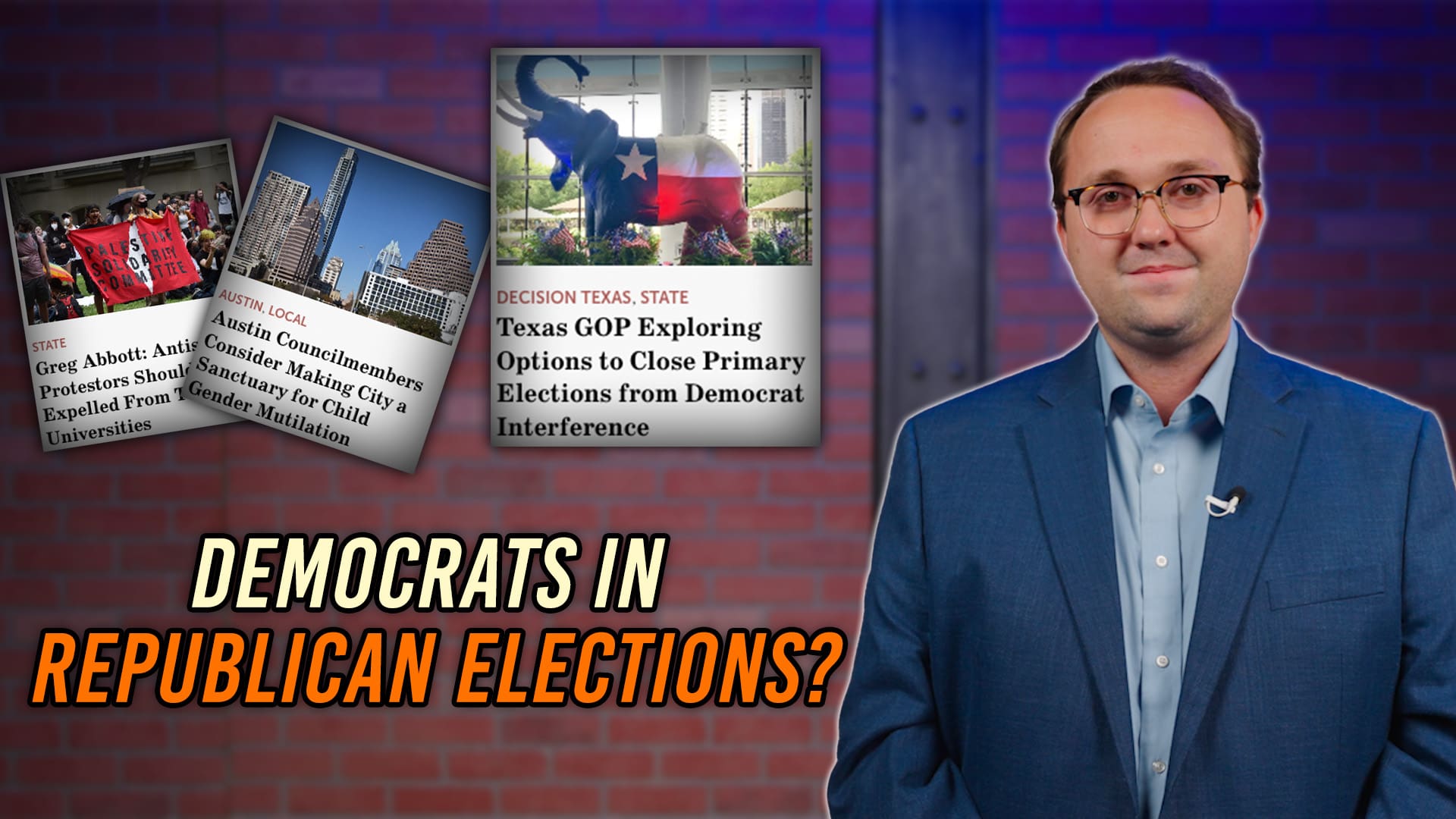The Midland City Council voted Tuesday to unanimously support a resolution requesting that the Texas Legislature and Governor take action to approve House Bill 80.
HB 80, also known as the Alex Brown Memorial Act, would ban any “text-based communication” while driving.
Prohibited activities include typing or reading texts, emails, and instant messages, and would be punishable by a fine of at least $25 and no more than $99 for first offenders, and $100 to $200 for repeat offenders. Introduced this session by Midland State Representative Tom Craddick, it will be the third consecutive attempt to pass this type of prohibition.
The first attempt in 2011 ended with a veto from Governor Perry who referred to the ban as “a government effort to micromanage the behavior of adults.” The second attempt in 2013 failed to pass the Senate. Similar to Perry, Governor Greg Abbott has also made it clear that he is against more government mandates that “micromanage adult driving behavior.”
Although proponents may have good intentions, the arguments made by critics that it impedes on personal privacy and could have serious unintended consequences are worth considering. A study from 2010 by the Highway Loss Data Institute, observed crash rates in four states before and after a texting ban was issued. The study showed that there were no reductions in crashes after the law went into effect. On the contrary, the data showed an increase in collisions.
HLDI’s president, Adrian Lund, stated that the bans, “call into question the way policymakers are trying to address the problem of distracted driving crashes. They’re focusing on a single manifestation of distracted driving and banning it. This ignores the endless sources of distraction and relies on banning one source or another to solve the whole problem.” Based on the study, it is believed that most drivers are simply ignoring the bans and, instead, moving their phone lower in order to keep it hidden from police. As a result, the drivers’ eyes are off the road even longer than they otherwise would be.
Lund’s reference to the numerous distractions linked to collisions brings into question- where do we draw the line of what our government can ban? If the goal of such a policy is to increase public safety, lawmakers would be wise to research the actual effects of similar laws in other states.
While it is clear that texting and driving is a serious danger to drivers and pedestrians alike, so is applying makeup, eating, changing the radio station, and talking to other passengers. Distracted driving is dangerous, however, the evidence suggests that a government-mandated ban may not be an effective solution to this problem.




